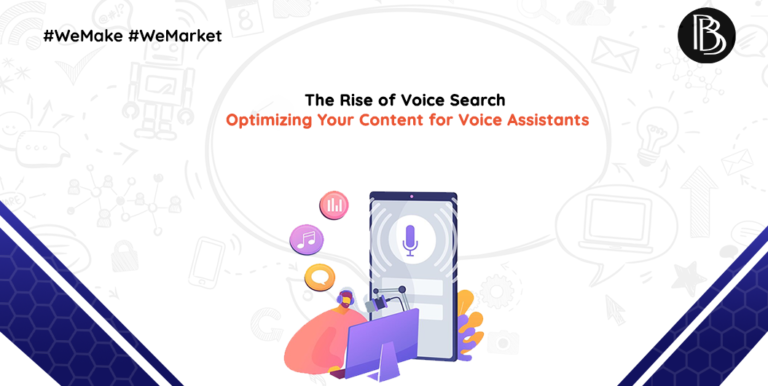The Psychology of Persuasion: Understanding Consumer Behavior
At Bit Binders, we delve into the intricate world of consumer decision-making and persuasion psychology to decode the factors influencing purchasing choices. Understanding these dynamics empowers businesses to craft compelling strategies that resonate with their target audience.

Deciphering Consumer Decision Making:
Consumer decision-making is a complex process influenced by various psychological factors. From perception and motivation to emotions and cognitive biases, understanding these elements is crucial for businesses seeking to influence consumer behavior effectively.
The Power of Persuasion Psychology:
Persuasion psychology explores the mechanisms behind how individuals are swayed to make particular choices. By tapping into principles such as reciprocity, social proof, scarcity, and authority, businesses can craft persuasive messages and experiences that resonate with consumers on a subconscious level.
Key Concepts in Persuasion Psychology:
- Social Proof: People tend to conform to the actions and opinions of others, especially when uncertain. Utilizing testimonials, reviews, and endorsements can leverage social proof to sway consumer decisions.
- Reciprocity: The principle of reciprocity suggests that people feel obliged to return favors or concessions. Offering free samples, trials, or valuable content can evoke a sense of indebtedness, increasing the likelihood of reciprocation.
- Scarcity: Scarcity creates perceived value by emphasizing limited availability or exclusivity. By highlighting scarcity through phrases like “limited time offer” or “while supplies last,” marketers can induce a sense of urgency and drive purchase behavior.
- Authority: People are more likely to comply with requests or recommendations from perceived authorities or experts. Establishing credibility through endorsements from industry leaders or showcasing credentials can enhance persuasion.
- Emotional Appeals: Emotions play a significant role in decision-making, often overshadowing rational considerations. Marketers can tap into emotions such as fear, joy, or nostalgia to evoke powerful responses and influence behavior.
Harnessing Psychological Triggers:
Understanding the psychological triggers that drive consumer behavior is key to developing impactful marketing strategies. Whether it’s leveraging the fear of missing out (FOMO), appealing to social validation, or triggering emotions like nostalgia or curiosity, businesses can create compelling narratives that drive action.
Crafting Compelling Marketing Strategies:
By integrating insights from persuasion psychology into their marketing efforts, businesses can create more engaging and effective campaigns. From personalized messaging and targeted offers to optimizing the customer journey and enhancing brand perception, these strategies are instrumental in influencing consumer decisions.
Empowering Businesses with Insights:
At Bit Binders, we believe in leveraging the power of persuasion psychology to empower businesses with actionable insights. By understanding the nuances of consumer behavior and decision-making processes, we help our clients craft strategies that drive engagement, foster brand loyalty, and ultimately, fuel growth.
Conclusion:
The psychology of persuasion offers invaluable insights into the intricacies of consumer behavior. By understanding the underlying motivations, biases, and triggers that influence decision-making, businesses can develop more effective marketing strategies and create meaningful connections with their audience. At Bit Binders, we’re committed to helping businesses navigate this fascinating landscape, harnessing the power of persuasion psychology to drive success in today’s competitive marketplace.







